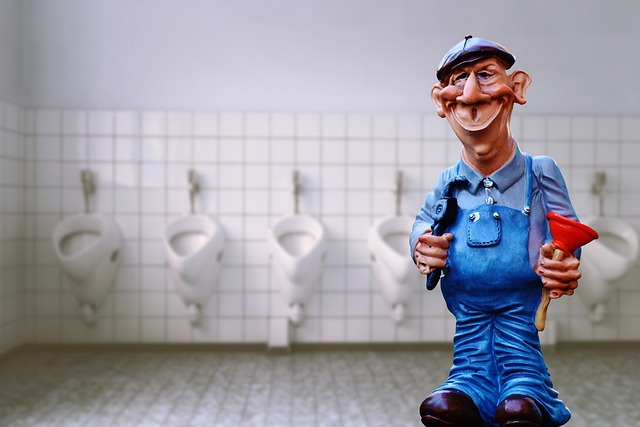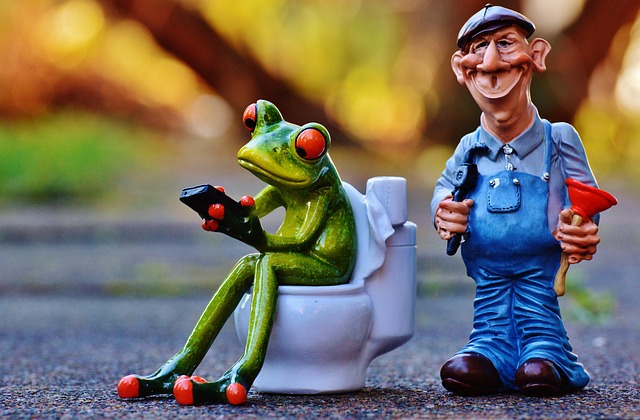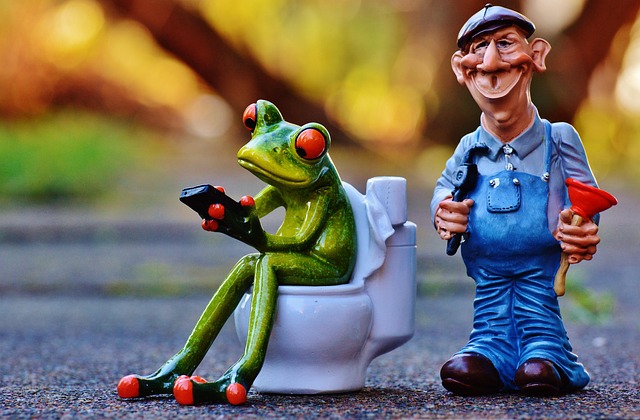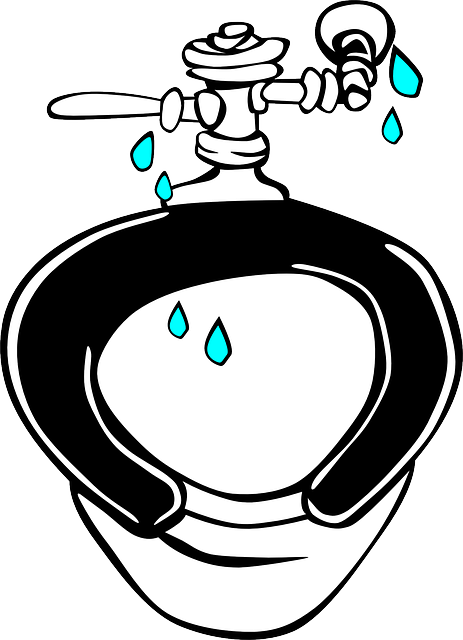A plumber's expertise in water system dynamics is crucial for optimal performance and safety. They identify bottlenecks and leaks through fixture, pipe, valve, and fitting inspections, measuring flow rates with tools like pressure gauges and flow meters. This knowledge enables them to enhance efficiency, conserve energy, and prevent damage from overpressure. Modern tools like smart sensors and digital analyzers offer remote monitoring, while regular maintenance, including main water valve checks and corrosion prevention, prolongs plumbing infrastructure lifespan.
A plumber’s role extends beyond installing and repairing pipes; they are vital in ensuring a home’s or building’s water system operates seamlessly. This article delves into the essential practice of testing water pressure and flow, offering a plumber’s perspective on understanding dynamics within these systems. We explore practical tools and techniques for accurate measurements and provide insights into troubleshooting common issues to guarantee optimal performance.
- Understanding Water System Dynamics: A Plumber's Perspective
- Tools and Techniques for Accurate Measurement
- Troubleshooting Common Issues: Ensuring Optimal Performance
Understanding Water System Dynamics: A Plumber's Perspective

A plumber’s perspective on understanding water system dynamics is crucial for effectively testing and maintaining water pressure and flow throughout the system. By delving into the intricate workings of residential or commercial plumbing networks, professionals can identify potential bottlenecks, leaks, or pressure imbalances that may impact the overall efficiency and safety of the water supply. Regular assessments involve examining fixtures, pipes, valves, and fittings for signs of wear and tear, corrosion, or damage, which could hinder water flow.
Moreover, a plumber’s expertise includes knowing how to interpret pressure gauge readings and use specialized tools to measure flow rates accurately. This knowledge enables them to pinpoint areas where adjustments—such as installing flow restrictors or replacing outdated components—can optimize water distribution, enhance energy efficiency, and prevent costly damage from overpressure situations.
Tools and Techniques for Accurate Measurement

Accurate measurement of water pressure and flow is paramount for any plumbing system’s health, and a Plumber relies on specific tools to achieve this. Traditional methods include the use of pressure gauges and flow meters, which provide real-time data on pressure levels and fluid movement. These devices are attached directly to pipes or fixtures, allowing for precise readings at various points throughout the system.
Modern technology has introduced advanced tools like smart pressure sensors and digital flow analyzers, offering enhanced accuracy and remote monitoring capabilities. These innovative solutions enable plumbers to detect anomalies immediately, pinpoint issues, and make informed decisions. With regular use, these techniques ensure optimal performance, prevent potential disasters, and prolong the lifespan of plumbing infrastructures.
Troubleshooting Common Issues: Ensuring Optimal Performance

When it comes to maintaining a plumbing system, troubleshooting common issues is an integral part of ensuring optimal performance. Plumbers often encounter problems related to water pressure and flow, which can be addressed through systematic checks and repairs. A simple yet effective method is to start by inspecting the main water valve for any leaks or blockages. Even minor issues here can significantly impact the overall pressure and flow throughout the system.
Regular maintenance involves checking for corroded pipes, faulty fittings, or damaged valves, all of which can hinder water flow. Plumbers should also consider examining the pressure regulator to ensure it’s functioning correctly, as an imbalanced setting can lead to either low or high pressure. By addressing these common problems promptly, plumbers can help homeowners avoid more severe and costly damages in the long run.
A plumber’s expertise in testing water pressure and flow is indispensable for maintaining efficient and safe water systems. By understanding dynamic system behaviors, employing precise measurement tools, and troubleshooting common issues, plumbers ensure optimal performance and longevity of these essential infrastructures. Their skilled navigation through the complex landscape of water system dynamics makes them vital game changers in both residential and commercial settings.
